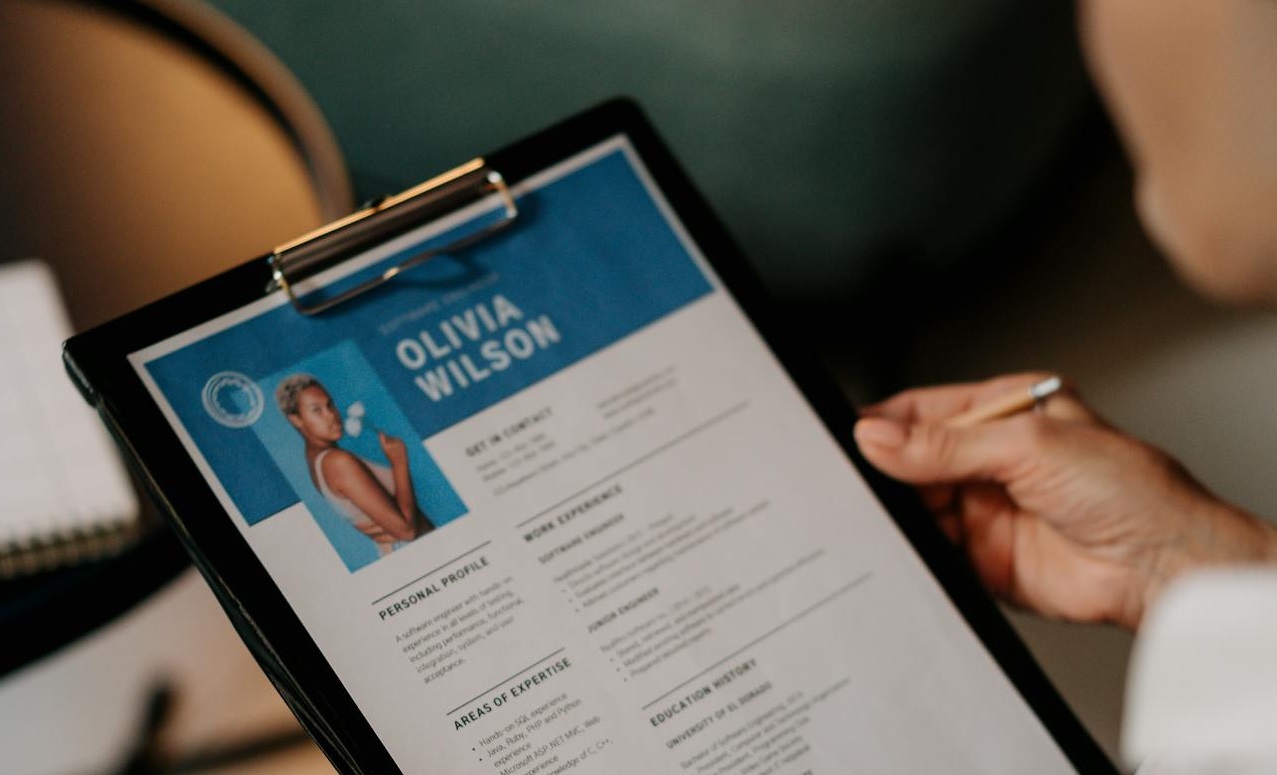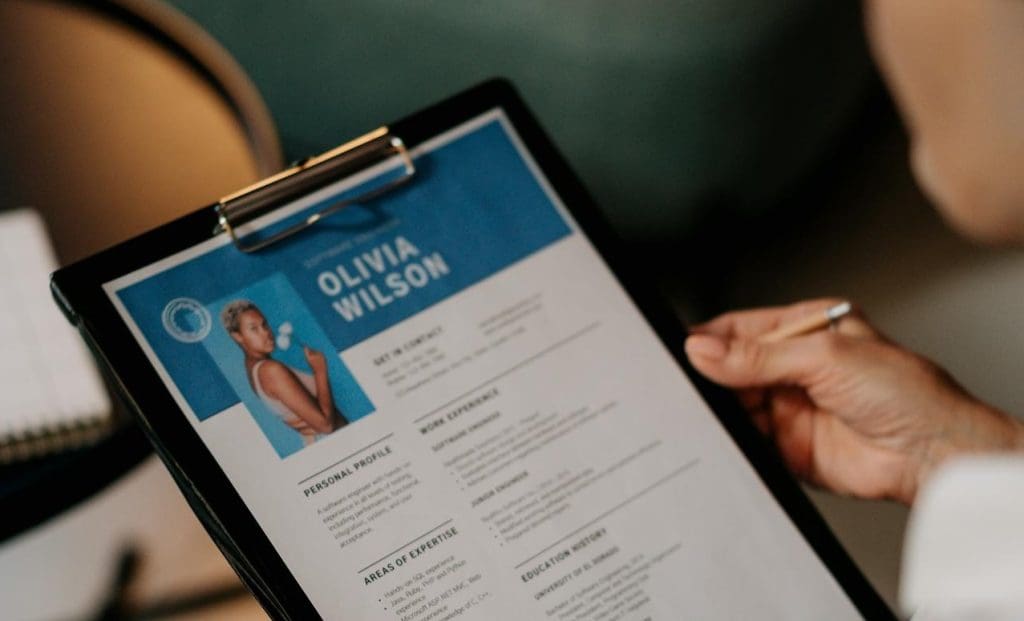Your CV is an essential document if you’re currently looking for a new job or are keen to enter the employment market for the first time. It’s this that will enable an employer to see whether you have the necessary skills, experience and qualifications to go on to the interview stage. So, it’s worth putting time and effort to refresh your CV so that it’s as effective as it can possibly be.

1. One size does not fit all! It is important that your CV has all the relevant information without being too long. There is no set limit but ideally it should be a maximum of 3 pages – potential employers want to access the useful information as quickly as possible.
2. Include your qualifications and exam results. Include the level achieved.
3. Introduce yourself., A paragraph at the start of your CV that explains why you are ideal for the job can be a powerful way to make an impact.
4. Make sure you cover the basics. It’s essential to read and re-read the job ad and ensure that your CV shows how you have all the relevant skills required for the role.
5. Include examples of your ‘soft’ skills. Aside from what you’ve done and where you’ve worked, employers will also be looking for evidence of how you approach a working environment and whether you’re a good fit for their business culture. Evidence of soft skills such as teamwork, good communication, flexibility and robust interpersonal skills will all be key.
6. Show your range of technical skills too. This could be in marketing or project management, social media or data analytics, for example.
7. Make your employment history detailed but concise. The best approach is usually to start with your most recent role first. Include the name of the employer, the role itself as well as your relevant achievements in each position.
8. Consider whether your hobbies are worth a mention. Particularly if you do activities in your spare time that support your application it may be worth featuring them on your CV – sports team membership and volunteering, for example, often go down well.
9. Include references. These are the people a potential employer will speak to when they want to get more of an idea about who you are and how you work. References can be a current manager, teacher, colleague etc.
10. If you don’t have any work experience you still need a CV. You can include qualifications gained – or predicted – as well as any other experiences that make you suitable for the role.
11. Tailor your CV to each application. It’s crucial to make sure that your CV fits the job description i.e. that you’ve focused on the skills and experience you have that make you shine as the right candidate in this context.
12. Don’t be afraid to express yourself. Allowing some of your personality into your CV in terms of the way you write or the information you include can make it stand out.
13. Don’t forget to cover your achievements. The things in life that you’re most proud of might not be academic or work related – it’s often worth making room for these too.
14. Spell check everything. It’s basic but essential. Bad grammar and spelling errors can instantly mean you end up in the “no” pile.
15. Use a cover letter. A cover letter is an opportunity to expressly state why you’re right for the role and will back up the content of your CV.
A distinctive CV can be a powerful tool that helps to generate some exciting opportunities in your working life.
Contact 2i Recruit

